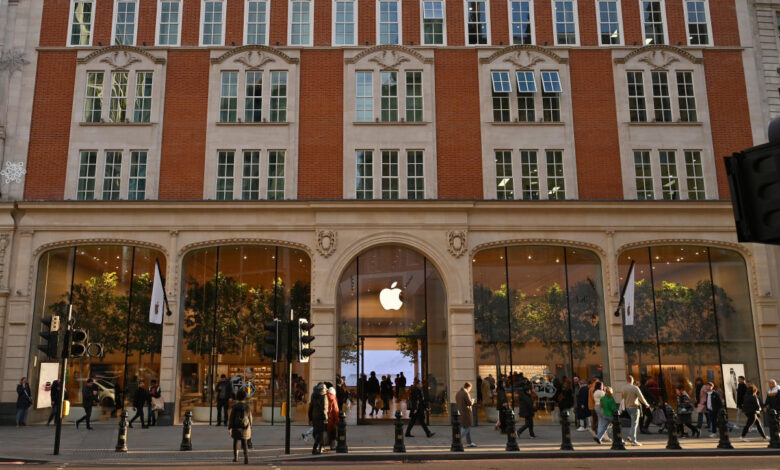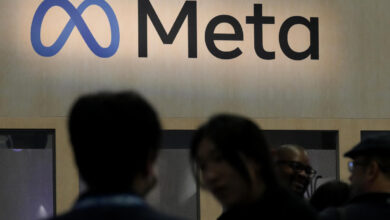
The European Union’s Digital Markets Act (DMA) is officially in action, and the ramifications are coming out left and right. The latest development comes from Apple, which released a DMA Compliance Report outlining the changes required of them. These include immediate and upcoming steps, such as introducing a browser choice screen.
Before we get into Apple’s changes, here’s some quick background: The Digital Markets Act identifies “gatekeepers” such as Apple, Meta, and Amazon based on earnings and users. The law prohibits these companies from favoring their own platforms or forcing users to stay within their ecosystem. In line with that — when Apple users in the EU open Safari, they’ll be prompted to choose a default browser from a list of options available in their area. Developers can also choose from different browsers — though they need to request and obtain different “entitlements.” These updates will be reflected for anyone who has downloaded iOS 17.4.
Apple is also implementing steps to make its data more portable to outside systems, meaning an iOS user could import their data to an Android phone, for instance. “Apple is developing a solution that helps mobile operating system providers develop more user-friendly solutions to transfer data from an iPhone to a non-Apple phone,” the statement reads. “Apple is also creating a browser switching solution for exporting and importing relevant browser data into another browser on the same device.” The mobile operating system changes should go into effect by Fall 2025, while Apple aims to get the browser switches in effect by the end of 2024 or early 2025.
Throughout the Compliance Report, Apple lays out ways in which the company believes these shifts could harm users and developers. Apple states these risks include “new avenues for malware, fraud and scams, illicit and harmful content, and other privacy and security threats. These changes also compromise Apple’s ability to detect, prevent, and take action against malicious apps on iOS and to support users impacted by issues with apps downloaded outside of the App Store.” The company has introduced steps like Notarization for iOS apps, but claims they won’t be fully effective.
This article contains affiliate links; if you click such a link and make a purchase, we may earn a commission.
Source link





